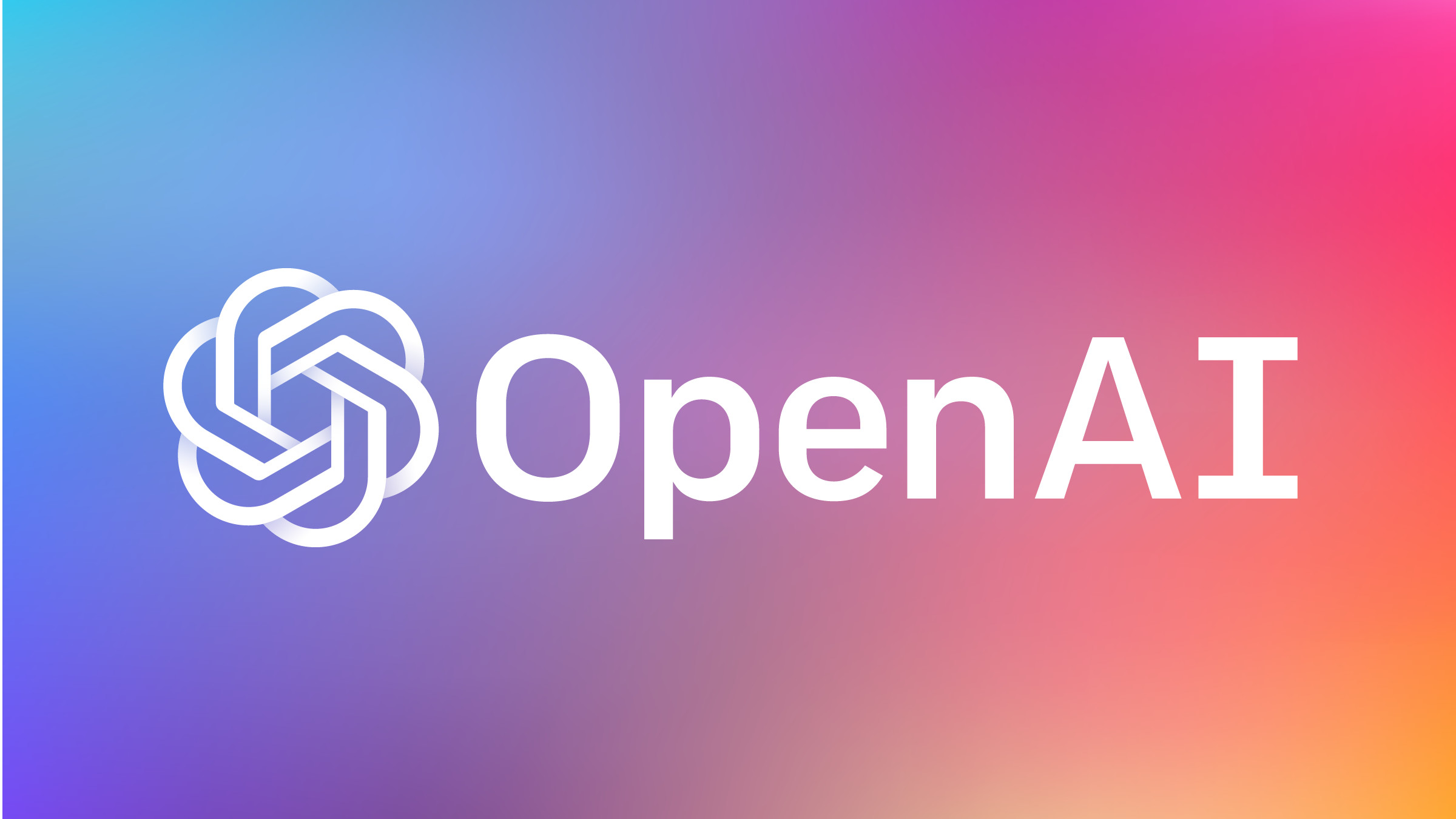Five Canadian news media organizations—Torstar, Postmedia, The Globe and Mail, The Canadian Press, and CBC/Radio-Canada—filed a legal action against OpenAI on Friday, alleging the AI company unlawfully used their content to develop its products. This lawsuit adds to a growing wave of legal challenges against generative AI firms by creators and copyright holders worldwide.
In a joint statement, the news companies accused OpenAI of scraping substantial portions of their journalism without permission or compensation. “Journalism is in the public interest. OpenAI using other companies’ journalism for their own commercial gain is not. It’s illegal,” they declared.
Legal and Financial Demands
The plaintiffs filed an 84-page claim in Ontario’s Superior Court of Justice, seeking damages and a permanent injunction to prevent OpenAI from further use of their intellectual property. The statement argues that OpenAI has “brazenly misappropriated” the companies’ copyrighted materials for commercial purposes without obtaining legal authorization or offering payment.
“The News Media Companies have never received from OpenAI any form of consideration, including payment, in exchange for OpenAI’s use of their works,” the filing states.
OpenAI’s Response
OpenAI defended its practices, stating its models are trained on publicly available data under principles of fair use and international copyright law. A company spokesperson highlighted its collaborative efforts with publishers, including offering mechanisms for opting out and attributing content in ChatGPT’s search features.
The lawsuit does not name Microsoft, OpenAI’s primary backer, which has been implicated in similar cases. Notably, Elon Musk recently expanded a separate lawsuit to include Microsoft, alleging monopolistic practices and illegal data acquisition for generative AI development.
Broader Implications
This case represents a critical juncture in the ongoing clash between AI companies and copyright owners. Similar lawsuits have been filed by authors, visual artists, and music publishers seeking to establish clearer legal boundaries around data use for AI training.
Recently, a New York federal judge dismissed a lawsuit against OpenAI brought by news outlets Raw Story and AlterNet. This decision may influence the Canadian court’s ruling, though Canadian copyright laws differ in scope and interpretation.
The outcome of this case could set a significant precedent for how AI companies interact with content creators and may prompt broader regulatory discussions around intellectual property rights in the digital age.


















